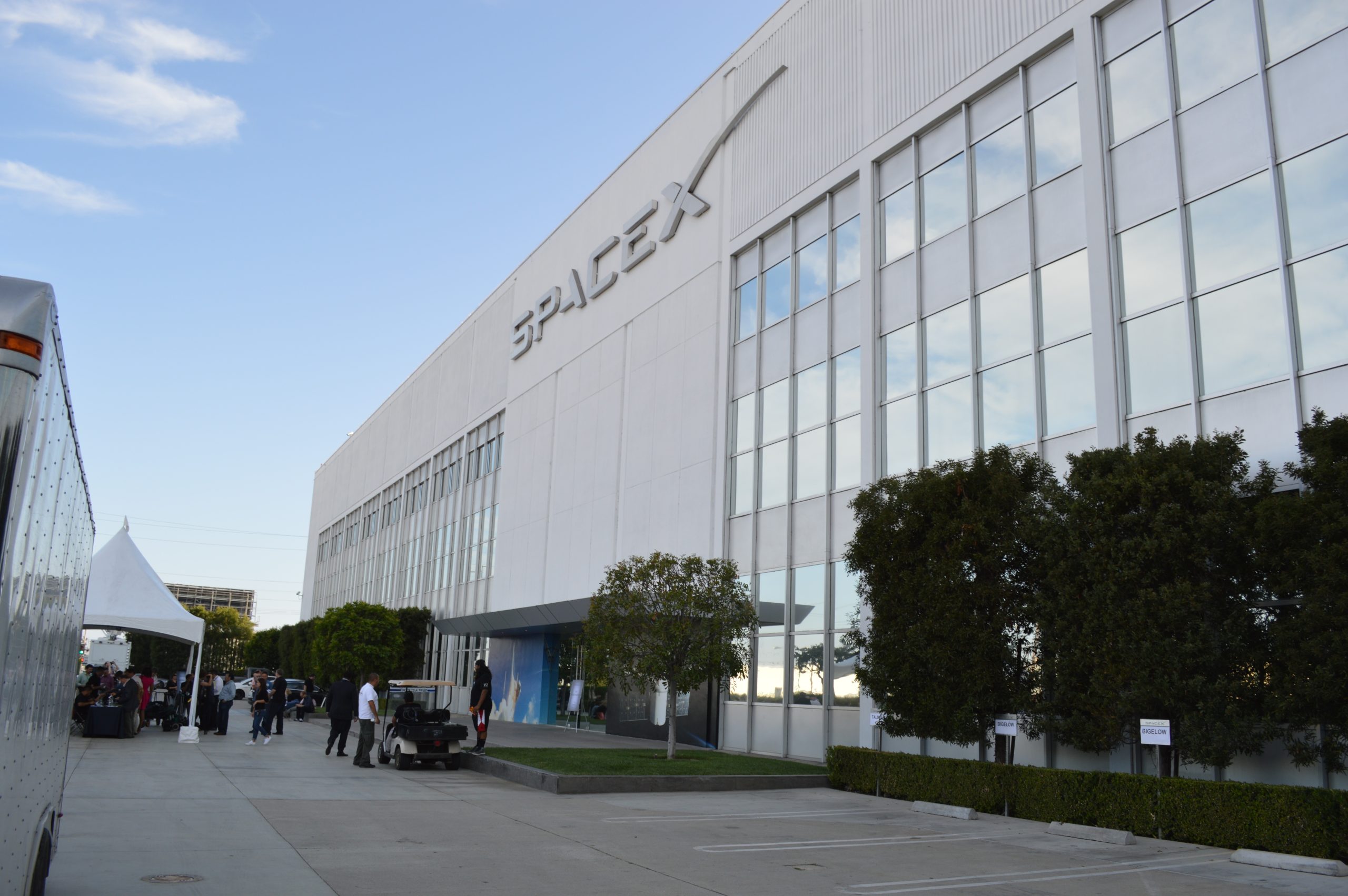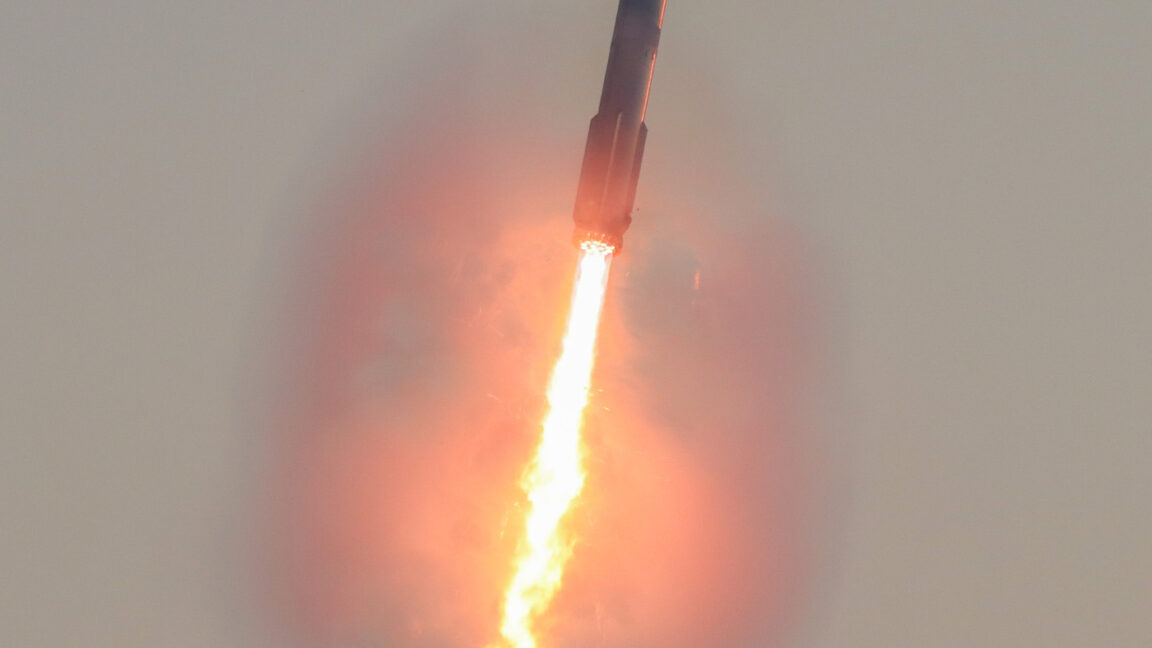In late September, a former communications executive at Blue Origin and 20 other current and former employees raised concerns about the culture at the company, highlighting issues such as sexism in the workplace. Writing on the Lioness website, Alexandra Abrams and the unnamed employees wrote that Blue Origin "turns a blind eye toward sexism."
The essay ignited a wildfire of criticism about the working environment of Blue Origin, even extending to concerns about the safety of the company's vehicles. In the wake of the essay's publication, the Federal Aviation Administration launched an investigation of these safety allegations.
Now the conflagration has spread to SpaceX. On Tuesday, Lioness published another essay by Ashley Kosak, a former mission integration engineer at SpaceX. This essay has fewer anonymous co-signers (only two) and is more tightly focused on sexism rather than the company's broader culture. But in regard to harassment, its allegations are no less worrisome. Kosak writes about multiple occasions of feeling sexually harassed and her belief that SpaceX's management did not do enough to intervene.
Kosak noted that SpaceX's mission is no less than to settle other worlds, but she muses about whether such a world would be a utopia, given the workplace culture of SpaceX.
"These conditions would be disturbing anywhere, but in this particular workplace, we are blazing a trail to settle a new planet," she said. "What will life on Elon's Mars be like? Probably much like life at SpaceX. Elon uses engineers as a resource to be mined rather than a team to be led. The health of Earth is rarely a consideration in the company's projects. Misogyny is rampant."
SpaceX declined to comment. I have spoken to more than 100 SpaceX employees over the years as a reporter covering space. In those discussions, the biggest concern about the company's work environment has been its demanding pace and long working hours—a tone clearly set by Musk, who nearly asks the impossible of his employees.
And notably, SpaceX President and Chief Operating Officer Gwynne Shotwell has always been described as a defender of women in aerospace. But clearly all is not well, given the concerns expressed by Kosak and other women who have left the company.
Shotwell and Musk appear to have taken note. This weekend, in advance of the publication of the Lioness essay, Shotwell sent an internal email to employees announcing an independent audit of the company's human relations procedures. The company, Shotwell wrote, "can always do better."
The harsh reality is that the space industry, which grew largely out of military operations in the United States, has been male-dominated since its inception. Figures for the diversity of private companies are not available, but even NASA, which strives for a diverse workforce, had a two-to-one male-to-female ratio of employees in 2020 (see diversity report). At the senior level of management, the ratio was more than four-to-one.


